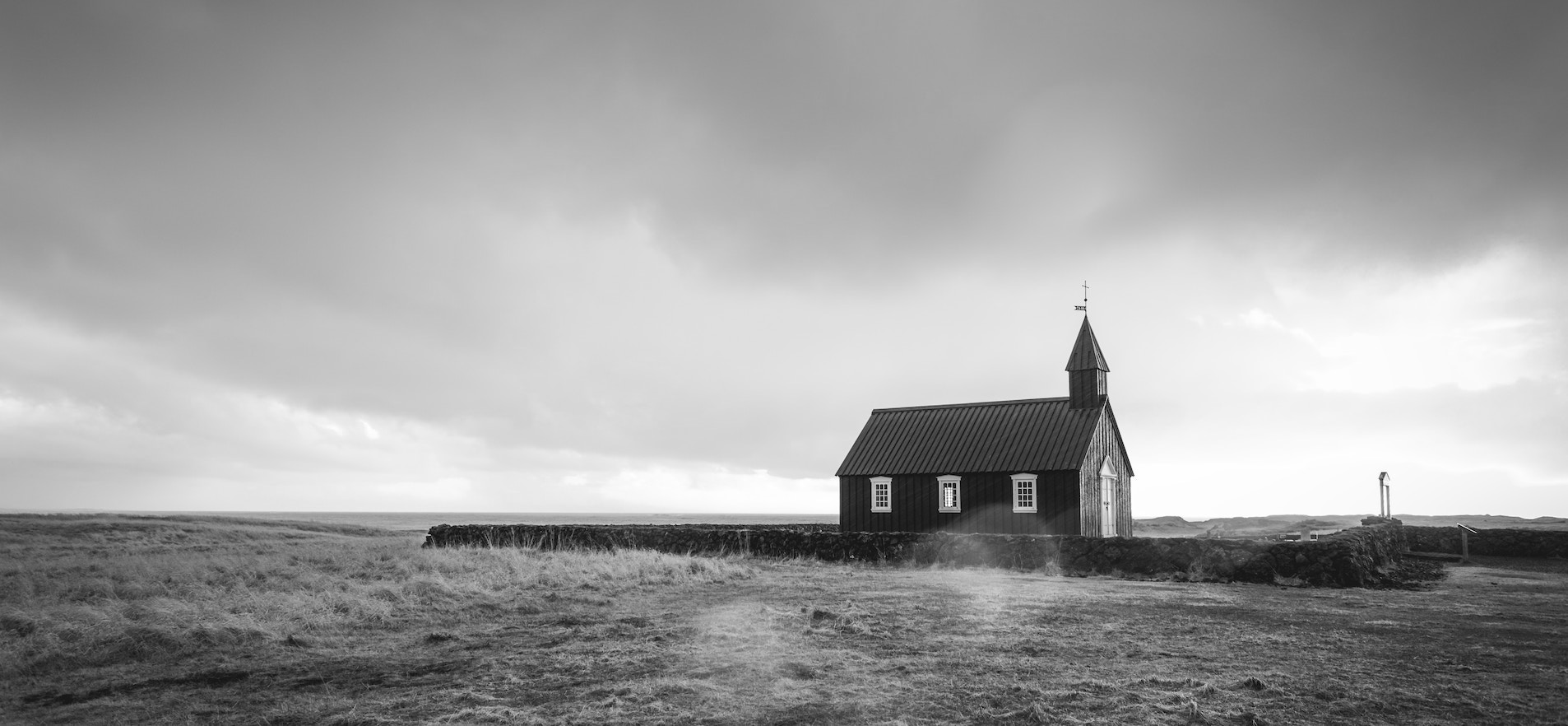Episode 086: An Interview with Tom Holland Pt. 1
In this episode we sit down with best-selling writer and historian Tom Holland to talk about his breathtaking book Dominion: How the Christian Revolution Remade the World. This is part 1 of 2.

This book was very personal for me… I was raised Anglican, and enjoyed the Bible, but generally found it less interesting than dinosaurs, and eventually the Romans… so when I started writing history, I started writing about the Romans… but the more I wrote about them, the stranger they became to me…
I started realizing that this was so because of deeply Christian assumptions I held… Dominion is an attempt to try to explain where I come from and where the world I live in comes from…
The earliest sources we have for understanding Christianity are Paul’s… and they are obsessed with the crucifixion… the idea that this God suffered a monstrous death on the cross is a massive stumbling block…
Moreover, the idea that this God has brought about a new covenant and that the law can be written on the heart changes everything… it feeds into the idea that our understanding of what is good can be progressive… [which is a very modern idea]…
Further, to die on the cross is the worst death imaginable… it is a humiliating death… to be publicly exhibited on an instrument of torture is a kind of billboard advertising the power of Rome… to suggest that the man who died on this cross is identical with the one God of Israel is madness…
When you see it all in this light, you see how blasphemous Paul’s message is not only to the Jews but also to the Romans…
In the 11th century, the Church is set up as the world’s first sovereign state, which means that everyone under the church has the right to appeal to the Church for law, justice, and order, even over the heads of earthly rulers…
To do this, you need frameworks of law… Christianity didn’t have a body of law at the time, and so institutions called universities pop up with scholars who look to the Church’s canons to construct a divinely sanctioned justice for those who appeal to them…
The core idea of their justice was Christ’s teaching that the rich have a duty to care for the poor… they start extrapolating the implications of that… the responsibility of the rich to the poor means that the poor have rights…
The [Christian] universities are all of a sudden constructing the idea of universal rights… the Enlightenment thinkers and writers are building off of those maneuvers…

